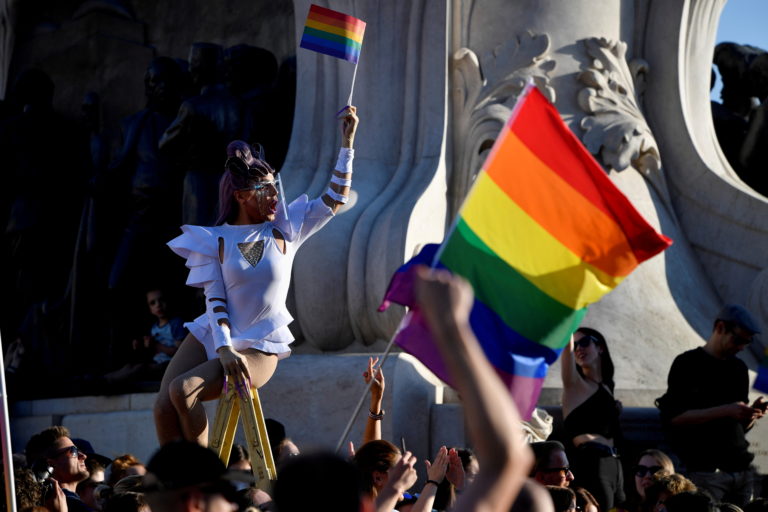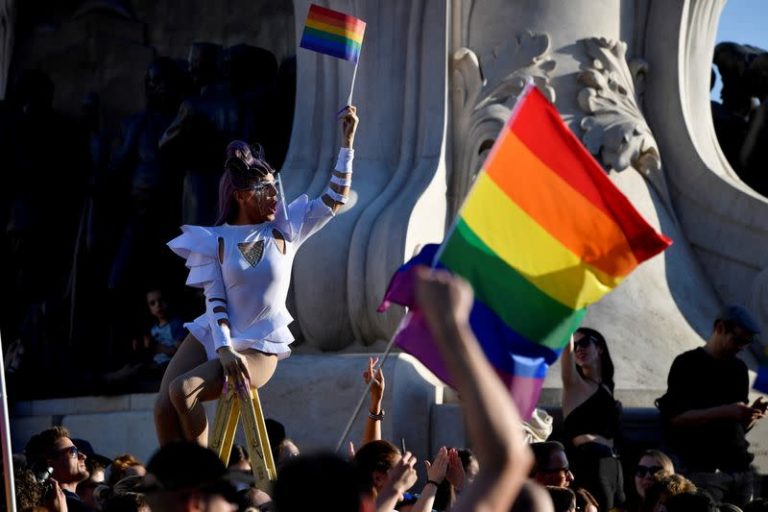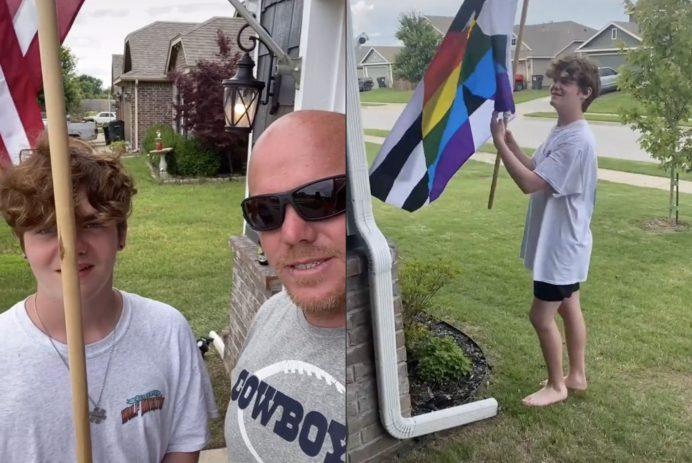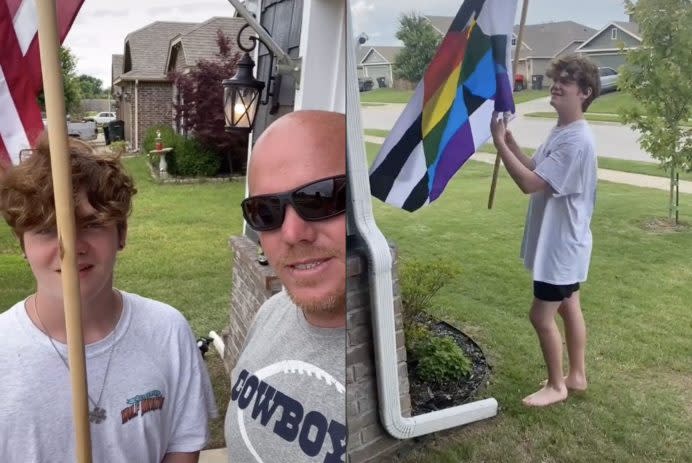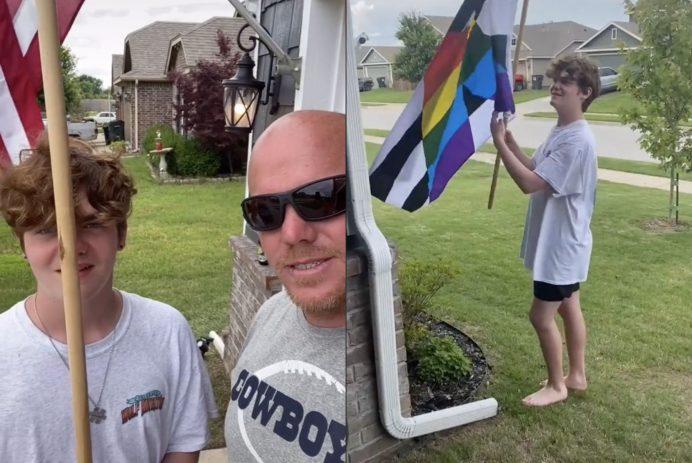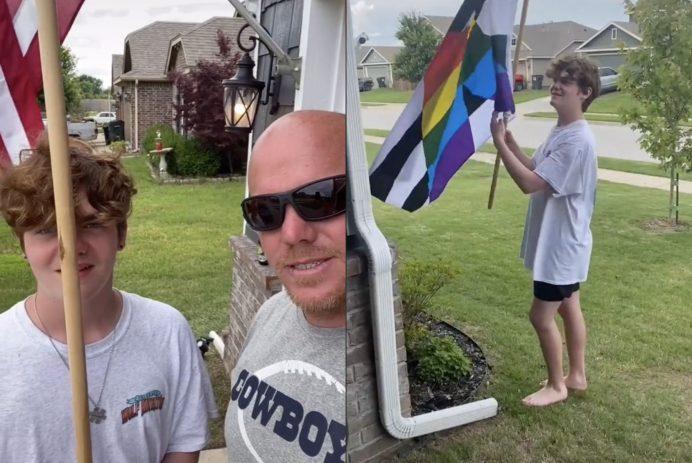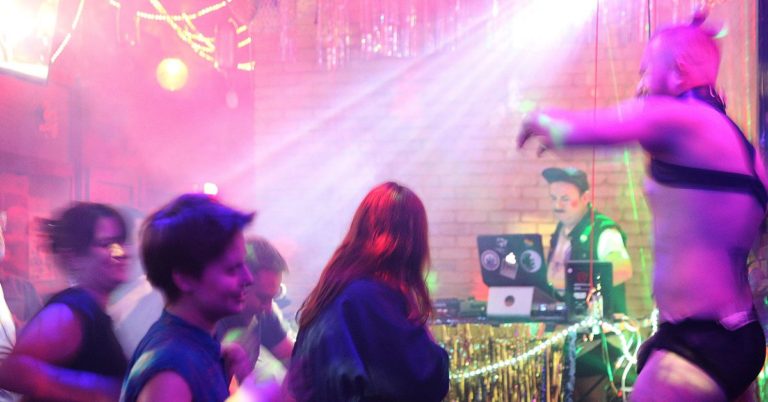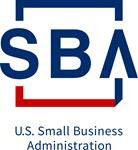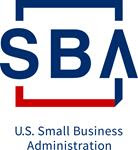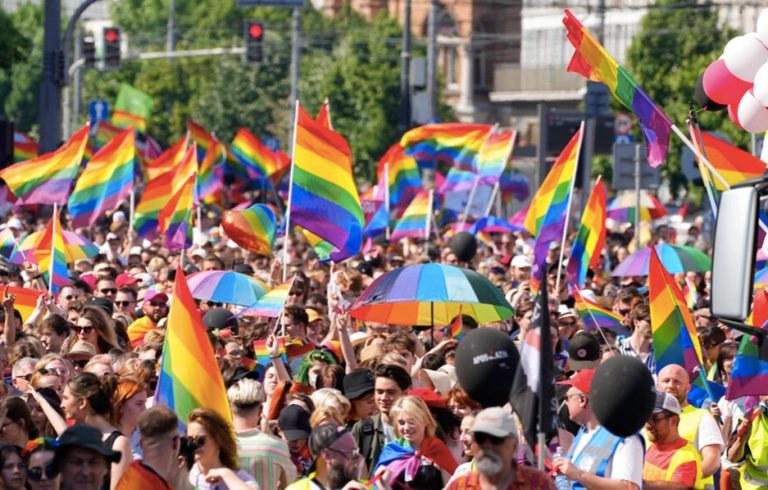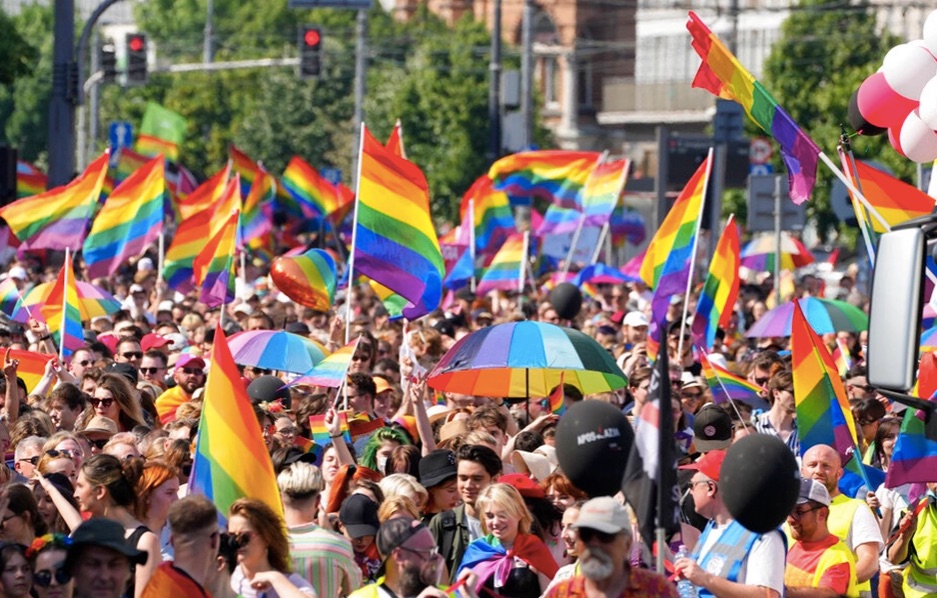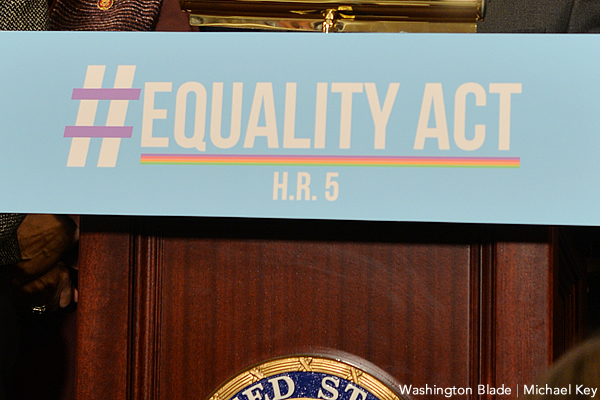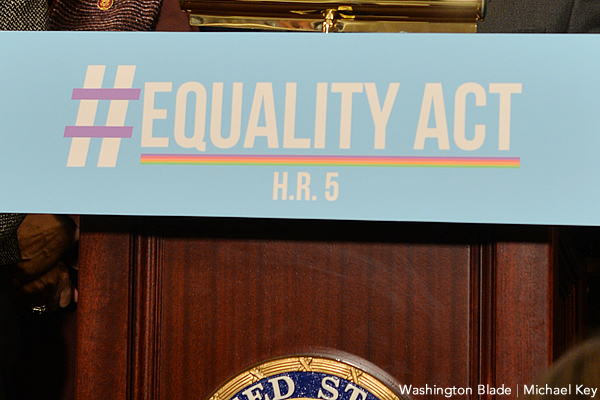Unmasked and hyper-aware of the midnight crowd swelling around me, I felt my heart suddenly beating too fast. Partly, I was still getting used to breathing indoor air, to being around people at all. But being back inside one of my frequent gay haunts also felt somehow sour-sweet, like the Cuervo and soda I gripped too tight. My head seemed to float above me like a helium balloon; I imagined a smiley face scrawled across it in magic marker. I was happy, after all — wasn’t I?
Two drinks in and my back was still glued to the wall. I watched the mostly white men flowing in both directions and wondered if they’d noticed me, my dense black beard and almond skin, and what they saw. This time last year, I’d been cutting my hair over the bathroom sink; I’d forgotten the unmoored feeling of being assessed, or worse, overlooked. After the third drink, I was wedged tight into a steamy stampede of bodies, dislodging myself into a familiar blur. I kissed a guy I had kissed many times before, and another I had met for just 10 minutes, unimaginable only weeks prior.
I fumbled conversations with strangers, felt the cold trickle of a drink spilled down my back, and waited my turn to pee. By the time I burst into the early morning air to bike the 20 blocks home, I was relieved to be alone again — and aware that I had already taken a night out for granted.
It’s Pride month after a devastating year of isolation and loss. The pandemic has wreaked disproportionate havoc on LGBTQ+ people, who have been more likely to face bad health outcomes, economic hardship, and mental health strain as a result of Covid-19 and the preventive measures that forced us apart.
Now, we’re meant to be making up for lost time, and June being our prescribed month for social and political unity, it’s supposed to mean something. Some people continued clandestine gatherings all along, as style pages whispered, while others were dragged on social media for doing so openly. But secrets and shame are the opposite of Pride. This month was going to be different.
But lonely, and sometimes desperate, as lockdown and quarantine had been, I had also felt a secret measure of relief, escaping the microscope that can hover over many queer spaces. In the absence of social pressures — about my skin color, my body, my clothes, or whether I was having the best possible time — I leaned into everything underneath all that and asked myself who I am and what I actually want.
It’s thrilling to feel too-loud beats thunder through my Converse soles again, to fill my senses with other men. But I know now that what I once went out in search of isn’t just around the next corner, crouched in the blue-tinted dark. I wasn’t going to feel any less alone in a crush of people until I could sit with myself and accept what I found.
There’s a reason the movement for queer liberation was galvanized at San Francisco’s Compton’s Cafeteria and the Stonewall Inn in Manhattan. Gays, lesbians, and particularly Black and brown trans women, couldn’t find refuge, livelihood, or each other, outside all-night diners and basement bars. Their identities and behavior criminalized, some pursued survival sex work. They flocked to the only spaces where they could be themselves, meet acceptance, and escape violence. Until violence was thrust upon them by police, and they fought, fiercely, for themselves, their right to be together, and, whether or not they knew it at the time, for us.
I recognize how fortunate I’ve been not to have faced fear for my well-being, harassment, or worse beyond playground bullying. I first stumbled onto Pride, on the last Sunday in June nearly two decades ago, and felt the euphoria of diving into a sea of queer revelers; I didn’t come to outrun any physical threat to my safety. Still, I had never felt such a sprawling connection to other queer people than I did that day, despite being too young to follow any of them into a bar.
When I eventually found my way onto the dance floor, the joy of camaraderie fused with a need to feel desired. It was a hunger young and eager enough not to recognize that the attention I craved and received was mostly from white men. I valued my otherness only insofar as they demonstrated its worth, with an approving look, touch, or invitation. I understood Pride in concept, but needed physical proof, however false, that I shouldn’t feel ashamed of not resembling the men culture taught me to idealize, chiseled and white like carved stone.
Considering the significance of watering holes to queer liberation, what I’ve looked for inside them all these years can feel comparably shallow, even if it’s partly what they’ve always been for: to feel seen, perhaps even admired. To drink and dance and escape. To touch and connect and actually feel connected. To seek sex and maybe, impossibly, intimacy.
In the months (and months) when no such experiences were possible, I would often submerge as deep as possible into my too-small, bath-bombed tub, heat curving around my body. Turned-up beats echoed off the tiled walls, flooding my dim-lit bathroom with the ache and defiance of SZA, Rihanna, and Fiona.
I thought about how absurd it was that I had ever sought such a thoroughly cocooned feeling in a club, looking to others as a source of warmth and assurance, one I couldn’t control down to the degree. I wondered what all of those people were doing at that moment, and if they felt as alone at the end of their ropes as I did. I cried more than once, curled up and dripping on the toilet lid to phone a friend.
On nights when I was forced to think about what I missed most about being out, I began to realize that I had been searching, sometimes frantically and with a misguided exuberance, for not just community but the sort of love and validation that only I can give myself. I wanted men to assure me that I deserve attention and pleasure and respect. I wanted to seem like I already knew as much, but the fact is I often didn’t.
The scrutinies that cis gay men pile onto each other have for some surpassed discrimination from outside the community as the main drivers of anxiety and depression. As we’ve gained greater social acceptance from the dominant culture, the pressures that gay and bi men, in particular, aim at our own — including racism and a fixation on body image, status, and sex — are making many of us quietly miserable. Black, Asian, and other men of color, as well as those who don’t fit masculine body ideals or are disabled, are disproportionately impacted by poor mental health outcomes.
What started as essential safe havens for acceptance and connection have also become fertile ground for posturing and exclusion, sown by our own shame. But if we’ve learned anything over the past year, I hope it is to question, at every opportunity, who is included in the “we” that is meant to express community among LGBTQ+ people. The impossible standards that gay and bi men foist on each other have never felt more privileged and myopic. Their psychological impacts, like the alienation I’ve felt pressed against the perspiring wall of a mostly white club, are real.
But the past year has also renewed my gratitude for all of life’s basic needs — health, safety, employment, shelter — everything our movement was founded on fighting for, from within those very bars. Those of us who are fortunate enough to enjoy all of those essentials have a responsibility to stand up and fight for those who don’t.
Having witnessed how the least advantaged among us suffered most from the pandemic, and having woken up, god willing, to the pervasiveness of white supremacy and anti-Black racism in every aspect of culture and society, I hope we’re ready to treat each other with more kindness and compassion. To put our wallets and our necks and our livelihoods on the line to demand justice for Black trans lives. To embrace and uplift anyone who has shown up at Pride, in a big city or rural town, and felt safety and acceptance for the first time.
On a closed-off avenue the following weekend, a half dozen queer girls no older than I was at my first Pride gingerly shook their limbs into a mini dance circle. On a side street, aspiring music acts took the stage in front of a diffuse and diverse crowd. Brooklyn Pride brought an afternoon street fair to Park Slope, skateboards rattling against the pavement, vibrant, fresh dye jobs glinting in the sun. A group of friends stood around grazing pizza from the box, each in a different-colored cowboy hat from Party City, the paper bag still in tow.
Later that night I ducked into the nearby bar Good Judy, where a Black femme in a color-block jumpsuit checked my vaccination status. Just inside, two girls were selling beaded bracelets with phrases like “bb dyke” and “she/them” strung together in blue and pink. A dance floor beyond the bar teemed with a mix of 20-somethings going wild for music released when I was their age, already tinged with nostalgia. I snaked my way into the middle intending to join them, but kept going through the back door when I felt the cool air of the courtyard.
I had already befriended a boyish Southerner, who towered above me in heels and produced for me a beer from his backpack (“I adore you,” he said). An older woman with cropped hair asked to borrow his tiara and turned to pose with no fewer than 15 of her friends. She looked like the spitting image of Olivia Coleman. He stooped down to take their picture, a flash illuminating the night air. I smiled up at the dark and wondered how I was ever going to get home.
Naveen Kumar is a culture critic and journalist whose recent work appears on Them and the Daily Beast. Follow him on Twitter @Mr_NaveenKumar.






